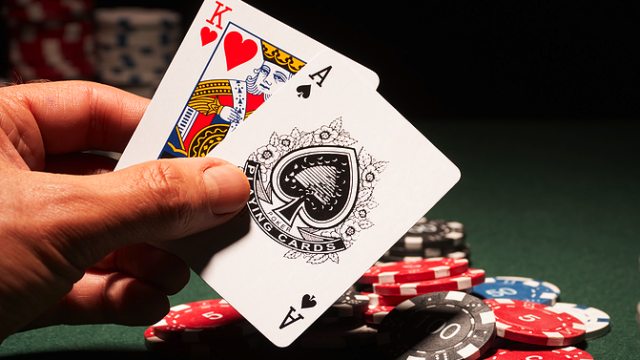Introduction
The Horseshoe Casino stands as a beacon of entertainment, blending the rich history of Las Vegas with modern luxury. This iconic establishment has evolved through the decades, maintaining its status as a premier destination for visitors from around the world.
A Storied Past
Originally opened as the MGM Grand Hotel and Casino in 1973, the Horseshoe Casino has a storied past. It was once among the world’s largest hotels, boasting 2,100 rooms and a bustling casino floor. The property has witnessed significant events, including a devastating fire in 1980, which led to a comprehensive rebuild and the introduction of improved safety measures.
The Transformation
In 1986, the property underwent a transformation when Bally Manufacturing acquired it, renaming it Bally’s Las Vegas. The subsequent years saw further renovations and expansions, enhancing its appeal and capacity. In 2022, Caesars Entertainment rebranded the property as Horseshoe Las Vegas, paying homage to the original Binion’s Horseshoe casino in downtown Las Vegas.
Modern Amenities
Today, Horseshoe Las Vegas offers guests an array of modern amenities. With 2,812 rooms, the casino provides ample space for relaxation and entertainment. The gaming floor spans 68,375 square feet, featuring a wide variety of games that cater to both novice and experienced gamblers.
Entertainment and Dining
Entertainment is a cornerstone of the Horseshoe experience. The casino has hosted numerous shows and performances, attracting top talent and providing guests with unforgettable experiences. Dining options are equally impressive, with restaurants like Guy Fieri’s Flavortown Sports Kitchen and Jack Binion’s Steak offering culinary delights.
The Future
The Horseshoe Casino continues to evolve, with plans to further integrate with Paris Las Vegas and enhance its offerings. As it approaches its 50th anniversary, the casino remains committed to providing a unique blend of tradition and innovation.
Conclusion
The Horseshoe Casino is more than just a place to gamble; it’s a symbol of Las Vegas’s enduring allure. With its rich history, modern amenities, and commitment to guest satisfaction, the Horseshoe stands out as a testament to the city’s ever-evolving landscape.



